Global turmoil has up-ended budget strategy: Jim Chalmers
Jim Chalmers has warned that slowing economic growth and volatility in global financial systems have up-ended the government’s budget strategy.
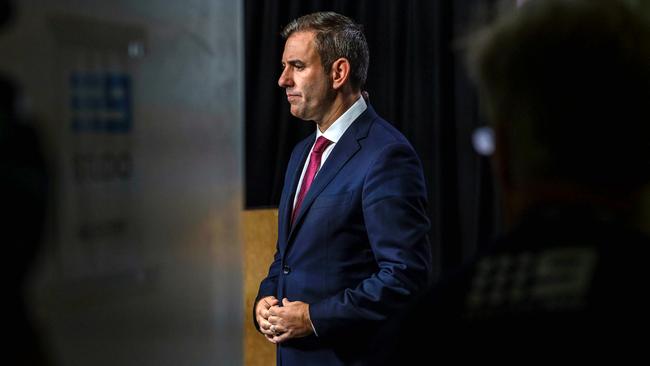
Jim Chalmers has warned that slowing economic growth and volatility in global financial systems have up-ended the government’s budget strategy, which will be anchored by eight priorities shielding households and businesses from shocks.
Ahead of Tuesday’s Reserve Bank board meeting and a potential pause in rate hikes, the Treasurer says upheaval in global economic outlooks have had an impact on “how we see and frame” the May 9 budget.
Following the collapse of Silicon Valley Bank and the Credit Suisse rescue, Dr Chalmers says: “Events of recent weeks show that we now have more volatility in the global financial system, brought on by sharp and synchronised rate rises around the world.
“This financial volatility is feeding into concerns about the global economy, with forces pushing and pulling expectations in different directions,” says Dr Chalmers, writing in The Australian.
“Some of the slightly more positive signs out of China, North America and even Europe are being tempered by uncertainty around the impact of monetary policy tightening, the impact of market turbulence, and the ongoing fallout from Russia’s invasion of Ukraine.
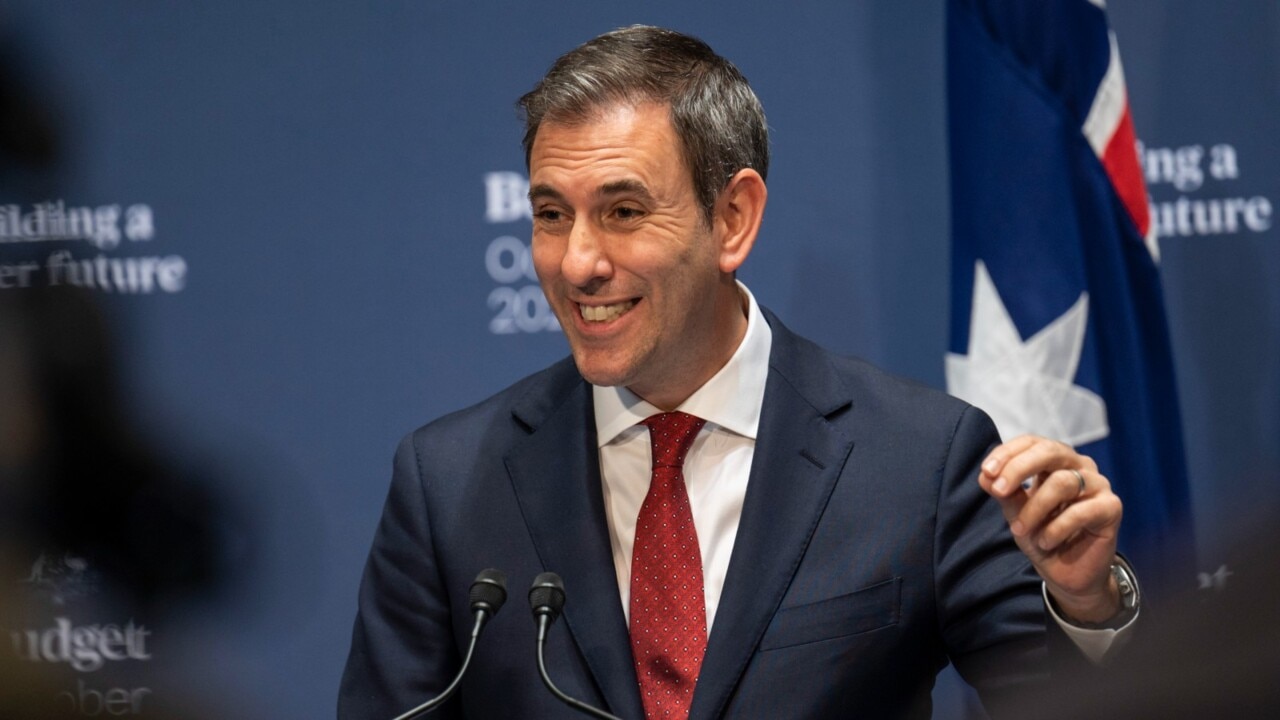
“Here at home, inflation is moderating, and the RBA has said rate rises are closer to a pause. We’ve also had a bigger bounce back in temporary migration than expected, but even with this short-term pick-up Treasury doesn’t expect us to catch up to the pre-pandemic forecast until the end of the current decade.”
As inflation in February fell to 6.8 per cent, well down from 7.4 per cent in January and 8.4 per cent in December, Dr Chalmers says global economic shocks mean that his second budget must “strike a series of difficult balances”.
Amid worsening mortgage stress across the country fuelled by 10 consecutive rate hikes, Dr Chalmers will receive the independent review into the RBA on Friday, ahead of its release next month.
“The budget that we’ll hand down in less than 40 days is being developed in a complex environment here at home and in the global economy more broadly,” he writes.
“This week, new ABS data revealed retail sales have dropped around 2 per cent since November, and while Wednesday’s monthly reading showed that inflation continues to moderate in welcome ways, it remains unacceptably high.”
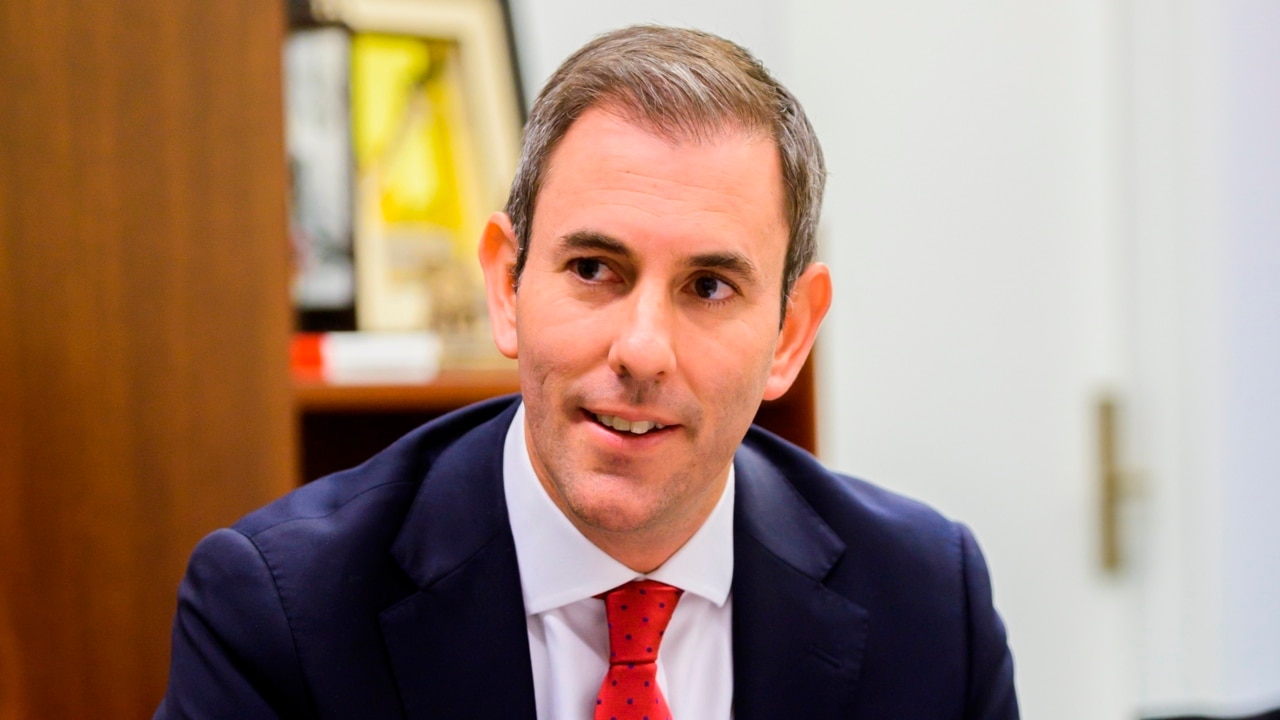
With the Albanese government confronting ballooning structural pressures on interest costs, the NDIS, aged care, health and defence, Dr Chalmers says he is focused on spending restraint, managing high inflation and dealing with the uncertain near-term global outlook.
“That all means we have eight priorities for May: responsible cost-of-living relief; engaging our supply-side growth drivers; funding national security priorities, including AUKUS; the care economy and improving essential services; women’s economic participation; place-based initiatives to address entrenched disadvantage; cleaning up unfunded programs; and restraint and responsibility across the board,” he says.
“This is the best way to manage uncertainty abroad, pressures at home, and maximise our opportunities in the years ahead.”
Dr Chalmers, who spoke with US Treasury Secretary Janet Yellen and European Central Bank president Christine Lagarde this week, says he is encouraged that international authorities stand “ready to do what’s necessary to reassure markets and keep credit lines open”.
The May budget will benefit from a near-term sugar hit from booming commodity prices, LNG and coal exports but Dr Chalmers warns that “this won’t make up for the medium-term pressures we face”.
More Coverage
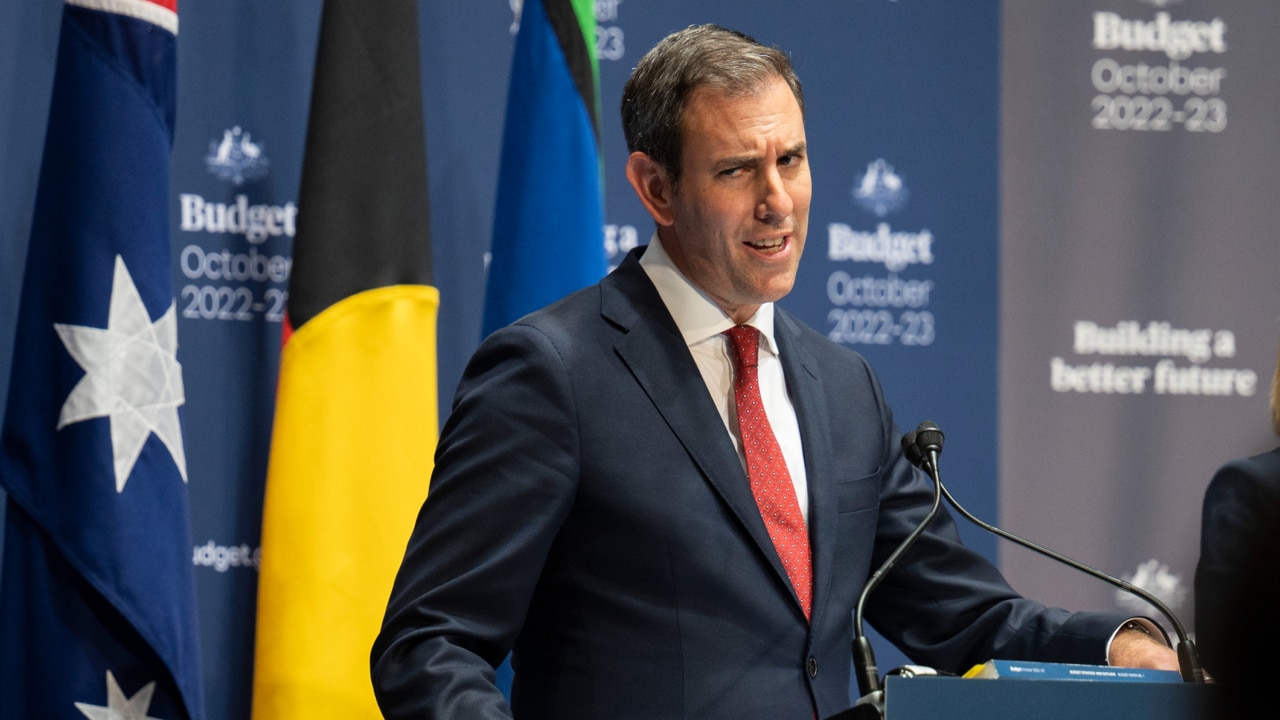


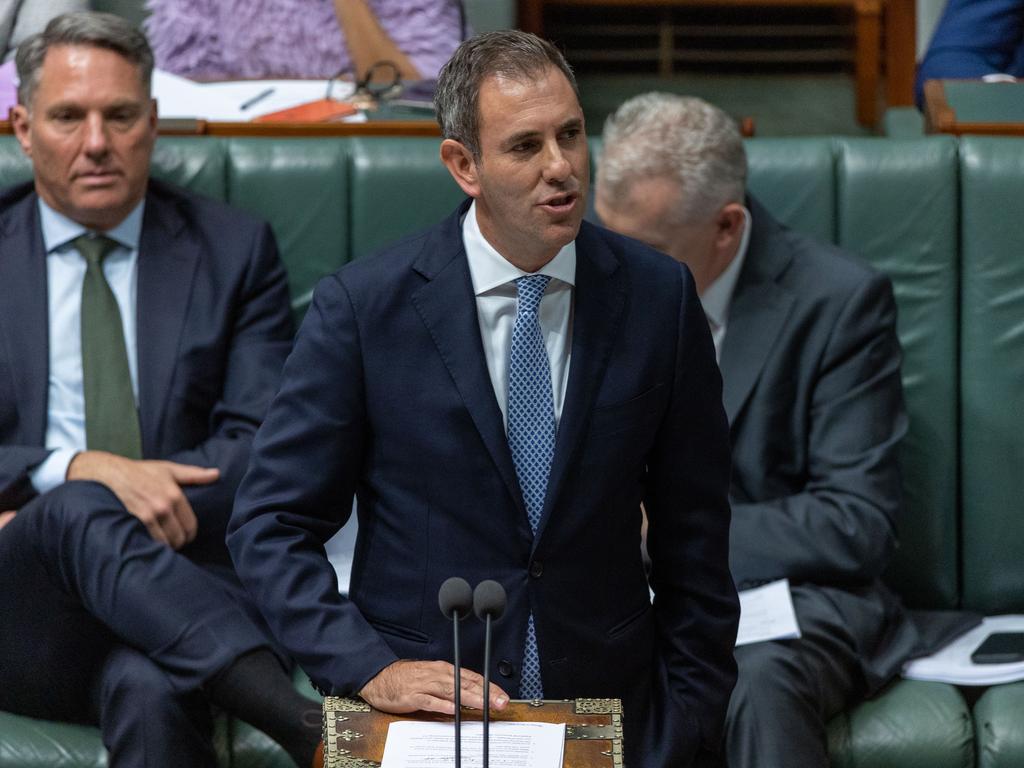

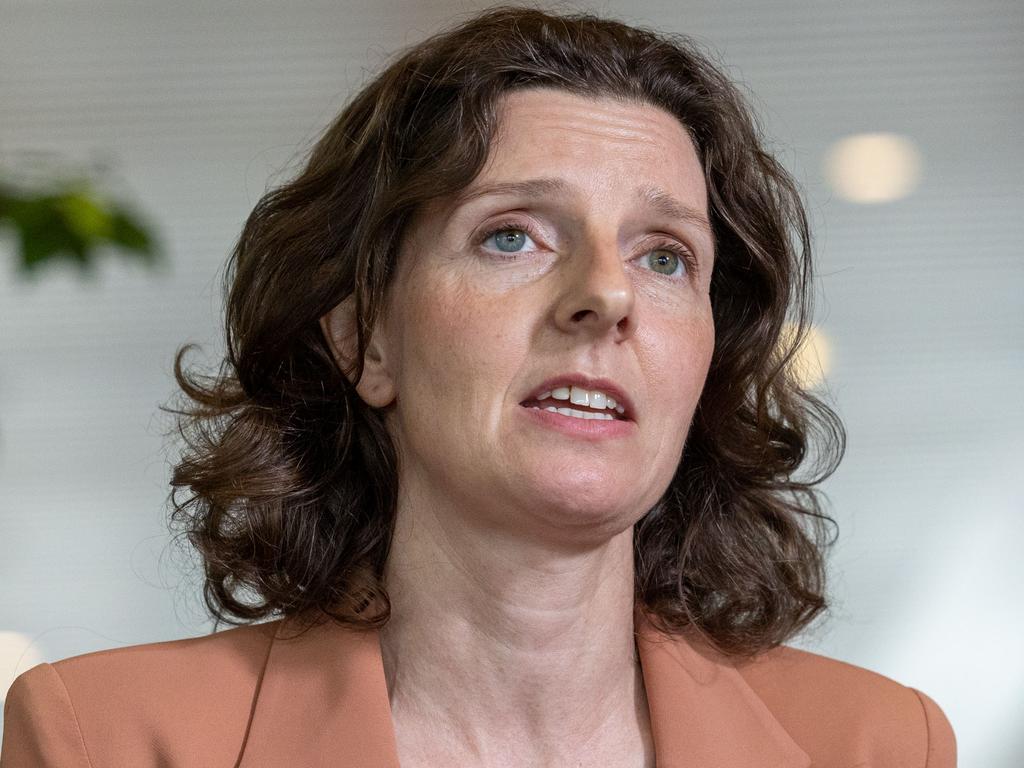
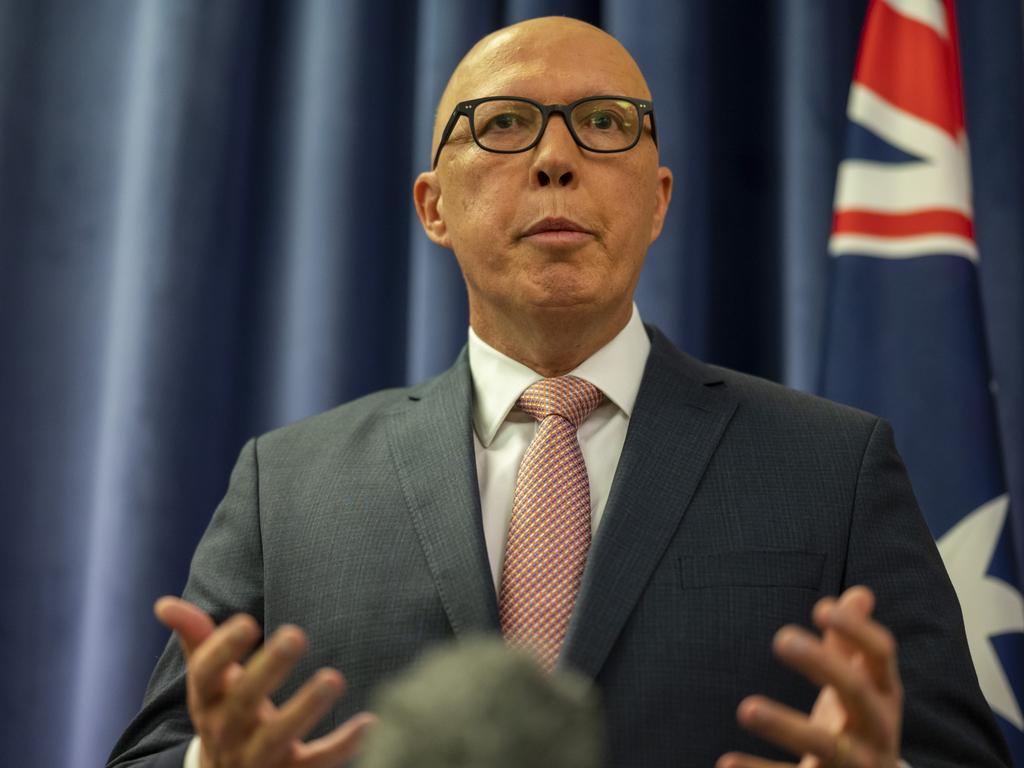


To join the conversation, please log in. Don't have an account? Register
Join the conversation, you are commenting as Logout